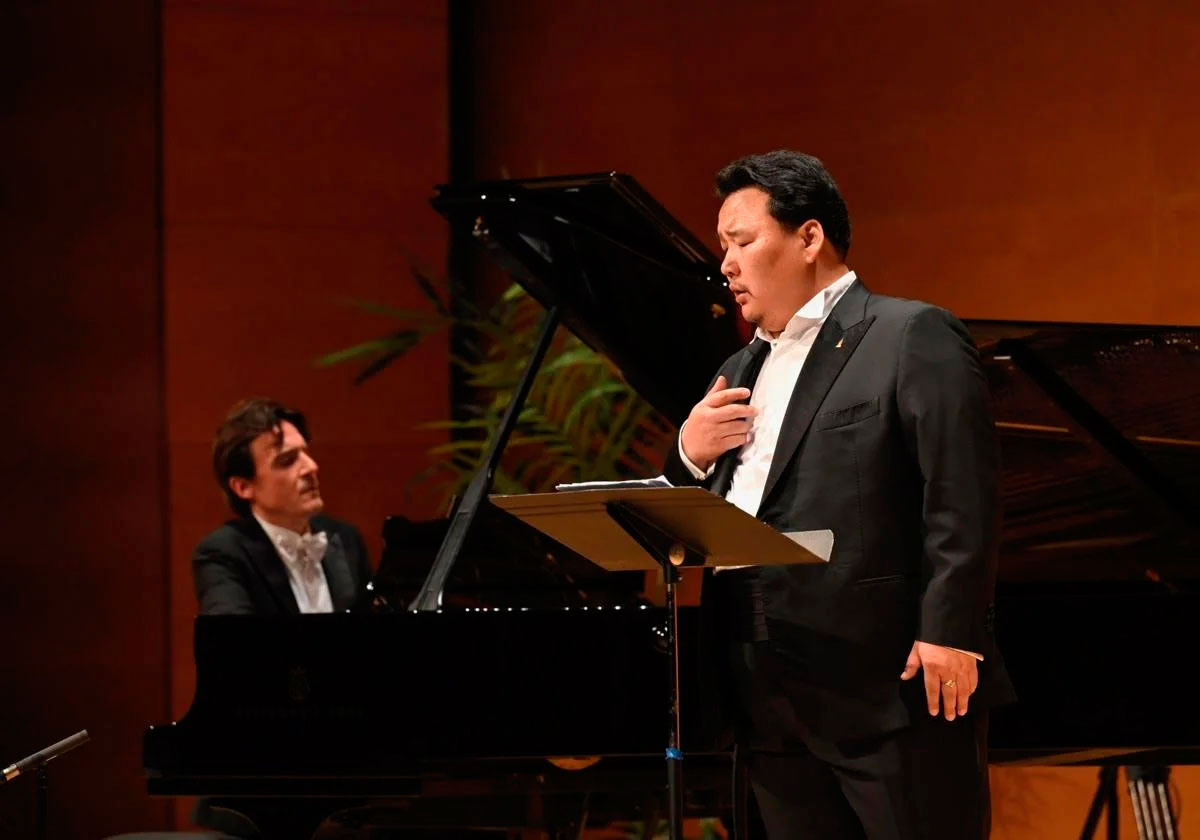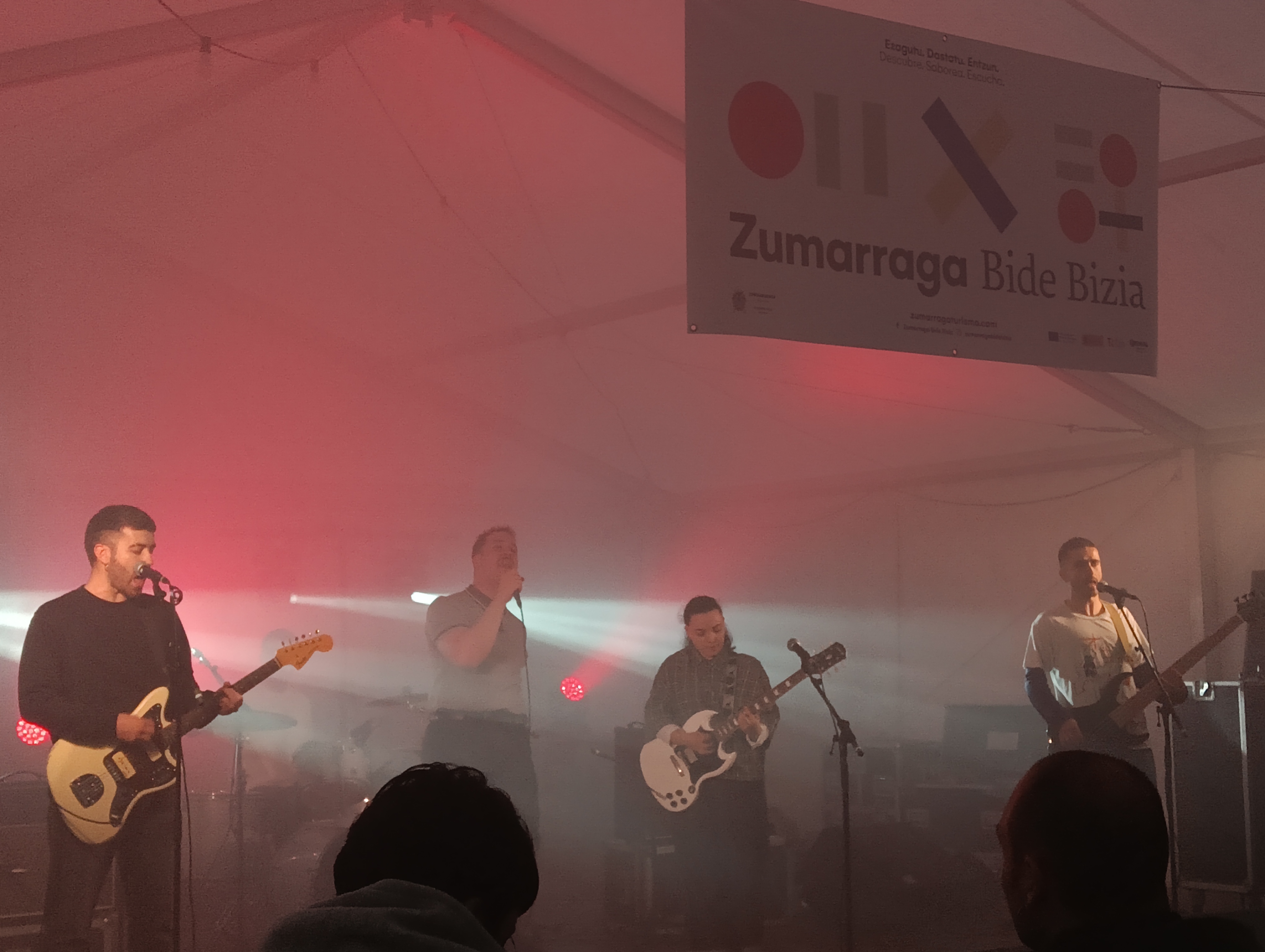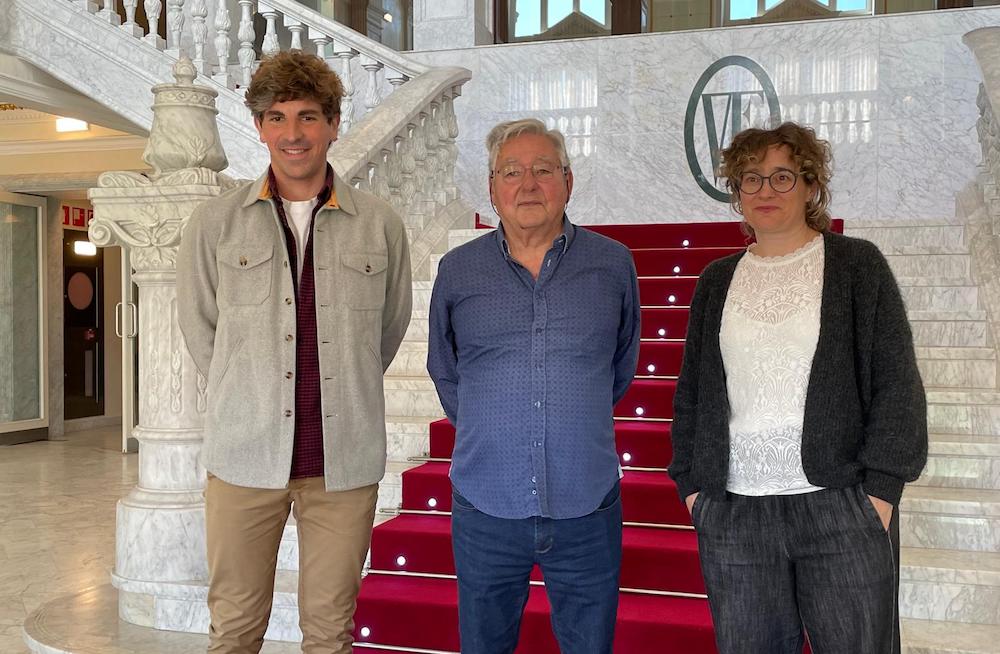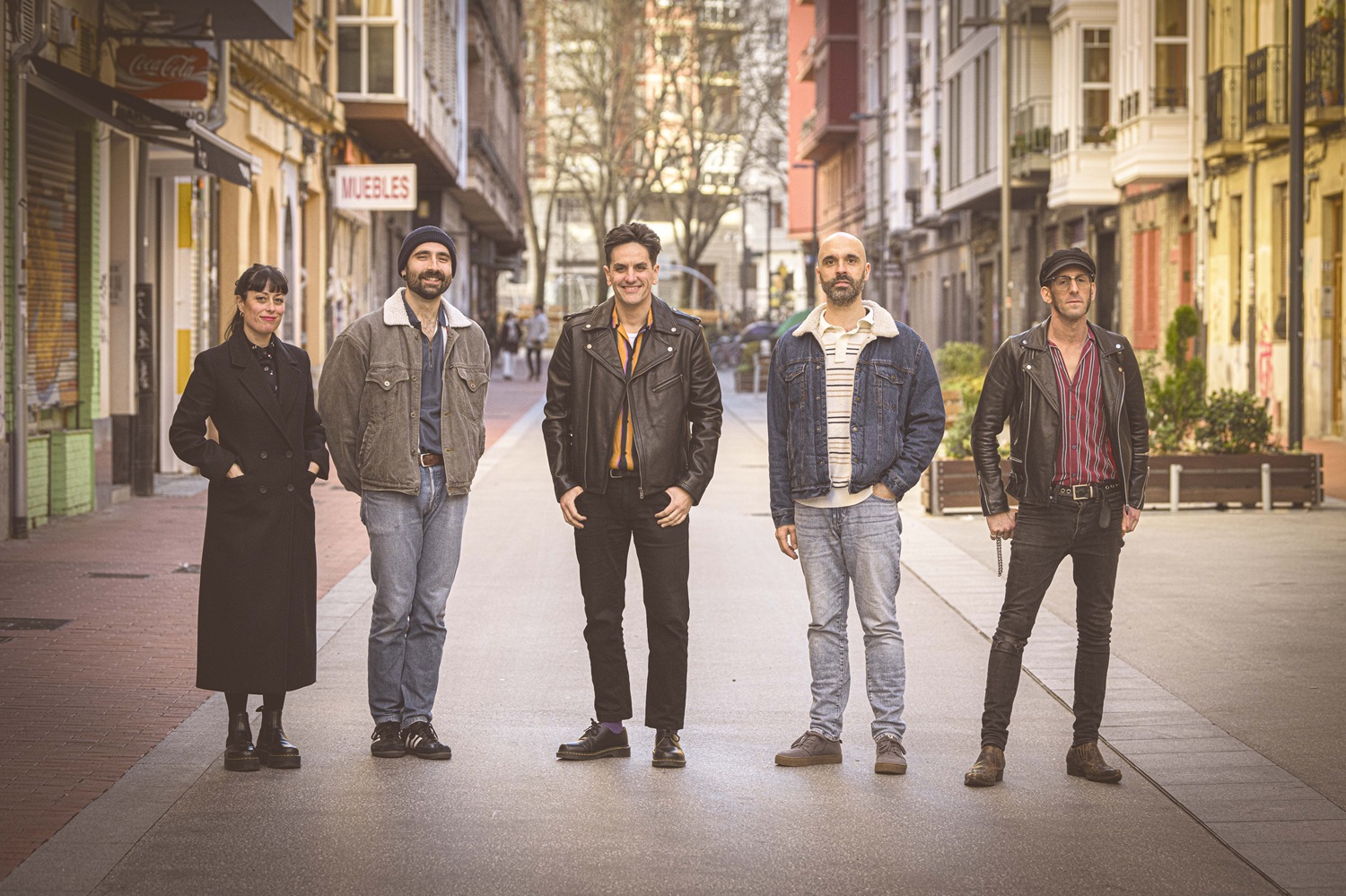"What I think has a thousand references, so it's not creating, I'd like to say it's reading."
- Born in Donibane Garazi (August 1976), raised in the Anhauze estate, Thierry Biscary started singing without age in a choir from Baja Navarra. Soon, leaving behind commercial studies, she sings per square with different types of groups and participates in various artistic collaborations, such as in the Kalakan group, writing and singing melodies. We have talked to the brave singer about why the creation, the international return and the need to make personal decisions.

How did the desire to create come about?
I don't know -- I don't know how to tell the truth. I think I've been wanting to sing for a long time, but I don't know where it comes from. That is a good question. I started in a coral, and from there, I was asked to be part of a pop-rock group, and there I realized that I was able to create melodies over some guitar chords. That was also a discovery and a joy for me. There I realized I was able to do it, I listened to a lot of music, but I didn't know I could do it. And after that time of 16 or 17 years, it's become a game, and since then it's true that I haven't stopped, I've always been making melodies, keeping them, making songs, or bringing pieces into the groups that I've been in, proposing pieces of a puzzle. I've always been like that in groups, I like it.
At Garazikusi you have had the opportunity to approach the artists.
At the end of the trade studies, I realized that I didn't feel it hard and I was offered a job in Donibane Garazi's film. Since it was a contract for young people and a new post, the needs were not realized, so I did everything: I was a designer, a mediator, a presenter at exhibitions, and thanks to all that I have learned very different things like organizing, holding meetings, creating a project and taking it to the end, I have also received artists, I have organized artist stays, I have followed artistic works and many other things. Disorder helped me later. In my life, I like things to be horizontal, that is, to move around and be able to understand a cheese maker or a head of business, or to work, which I do like.
Then you've walked in groups with the microphone in your hand.
Yes and they've all been groups, I like working in groups. Until recently, until the end of 2017, I've always been in groups, both musically and in other projects. Now, here I'm working with the dance company Elirale de Senpere, in production and that I like, being with people, not being alone in my world, I need to work with others. I like working as a team.
Instead, in recent years, I feel like it's probably time to do things on my own. Now I'm doing more on my own, I'm slowly doing my stuff, I'm going to make my first record as a musician, I've created my own company, I'm doing it.
Do you prefer a musical style to others?
I would say that the common style to all these things is popular. I haven't learned music, I've done it all on a self-taught basis, and I keep doing it, among people, I learn from mouth to mouth, with its pros and cons.
But for many different styles, I've never made heavy metal, neither jazz, nor electronic music, I've always been in the popular pop-rock style. I've also made folk music, I've been in the traditional song, I wasn't looking for that premise, but when the Labèque sisters and other close people repeated, I've noticed and used that I had capacity and knowledge and why I didn't use it. I was like Obelix, I was born in that interior, and therefore, I didn't give much importance to that. But it is true that it has its importance and in my trajectory it has its importance. But remembering the previous question, it was a priority for me to create, and that goes on. It is true that I do not know why, but I must create it.
Then, as an example, creating is a great word; how many are the ones that really produce, the ones that produce a really new thing without references? What I think has a thousand references then is not to create, I would say it is a reading.
Is immaterial heritage important to you? What is to be kept, what is not?
It is a broad and complicated issue. I have no doubt that something must be preserved. For example, when I start doing things in the realm of traditional singing, let alone archived things, in a file like Eresbil, a real treasure. And like her, all the collection of songs, all the collections that have been made at different times. What Sü Azia has done in Zuberoa, and many other examples. And it's that today we have those things by hand. Thanks to that, for example, I would realize that there is someone who wants to get a traditional song. These kinds of things happen if there are people who say that they've created a traditional song and that it's been she's composed, and that the melody and the words are theirs to the SACEM organization, you can name them.
So I do think it's important to archive it, not only to say what each one has done, but also to realize that what we are, who I am, comes from somewhere, has its source and that's important. Then for me that is not always important, for me it is more important what you do with that song, which becomes; knowing the source is good, but it is not to be content with what was done in another time. We live in the present. For example, with the Kalakan group, we didn't see 15 coplas singing from the time of a song. I'm always talking about the song, there are many other genres in the immaterial heritage.

He has participated in many different artistic collaborations.
I like new things. So when something appears, I do it if I can. For example, on the issue of the Labèque sisters, the meeting was by chance, we were recording Bolero for the television channel Arte, in the kiosk of San Juan de Luz, and at first that recording was not for the project. There came a director who told us that we were going to Angelu to record for the Sisters Labèque. We went, we recorded it, and when we finished, I didn't know who we were for. A year later, I realized who they were. But I left the door open, we were asked to touch the txalaparta and we did it, then we were sent to record something else and we did it. Then I was about to leave the music to make an entirely different project at home. But in the end, two years later, the Labèque sisters came back with the idea of organizing a tour and it materialized there. And then I decided I wanted to be a musician, and it all started. I was ready. Professionally, my trajectory of the last decade began there, because I decided to put aside other projects that I had in mind, that is, to banish the project of being a farmer or a tourism agent at home and take on the role of a musician, I took on the gift of life. It was logical for everyone, besides me. Assuming that, everything has been opened up. And because I have that point of courage, of trying things, of being with people, all things have happened, with the Labèque sisters and many other people.
What's your best memory of the most famous collaboration, the one you had with Madona?
If we follow the thread of this conversation, what struck me the most was to see the process of creation, how the industry creates a show from scratch until the road is made. For me, the first three months that the creative process lasted were the most interesting, to see what powers, what trade, how they do it technically, what place is left to creation. For example, I remember well how they said to the dancers “dance! Do whatever you get out," and then watching the dancers dance every day everywhere, it was really amazing. Then it's come back and there it's also been impressive, we've visited many places, we've really enjoyed it, but all the time in the creative process I've felt a privileged one.
And the negative side of that experience?
What I've seen with Madona, that is, that Madona is there, that she's at the top of the industry, is a life-choice. It's ingenuity, but as it always says: “The talent we all have, it’s not just that,” and it’s true. Along with talent, in your personal life, you have to be clear how far you have your mind and what sacrifice you're willing to make to be in that system. In Madona's case, it's amazing. But I came to my conclusion that I didn't want that. It seems to me a great sacrifice, and less so now that he is the father of the two children, although I have seen Madona with her children anywhere on the right. I don't see it that way.
Then there's another fundamental thing, which is if you want to be part of an industry, because the industry has its own rules and you have to be willing to get into them; and I'm a son of a farmer. I always like to pair, culture and culture, “agriculture” and culture. Indeed, there are many things to say there. As far as culture is concerned, I explained to my father, comparing him with the cheese process: In the industry a gas tank has to have the same taste from January to December, no matter what the sheep eats... And to achieve it, we have to do some things that I do not accept, because we are changing. That's why it's difficult and philosophically I'm not willing to get into that, at least today.
Can you say that these big stars need lower light rays to feed themselves?
I would say that industry needs officers. And the officers, in a sense, need the industry. Today, for example, the industry is offering biological products; until recently, in the biological field, the officers were in a minority situation. And the industry needs that now, it may have another source of income, but it doesn't just stay there. The industry does a gas with the same taste throughout the year, but it also sees that there is a gas of good taste from the shepherd and that also wants it. He is therefore forced to approach the officer to be more comfortable, in a moderate way, but he needs it. From another point of view, the officer also needs a certain way of working from the industry to improve his own.
Now there's Manez with copper. What's that like?
They're different causes. The first, Bjork with such a group, around 2004, and I was struck by it. I thought it was very modern and at the same time I thought we could do the same here. Here we have singers and we have bands and a copper parrasta. So why not combine the two? That's where the idea emerged. That's what I said when I published the album, and since then I've learned something else. I've learned that with that work, I've also done therapy, and I didn't know. I have learned that with this album I have artfully dealt with a past and that the album Manez and Kobreak has been a way to overcome my personal drama. Boil. That is why I have an end. It seems to me that this is past and that the life I live now is not that. I've made some choices, and they've taken me to a different path, and then I don't want to live in the past. And that is, copper comes from the paternal world. The conductor of the Orchestra, Anhauzen Ramuntxo, was the one who lived and his father liked the music of this group. Then there's a popular song, a mass, a church, there's gypsies, a whole world that's been broadcast to me, because it was a cousin at home, and I didn't know what to do with it. All this was included in a “pack” of the house. And when I decided not to take the estate succession and be a musician, I didn't know what to do with all that. And I've made a record. And now is the time to leave that, I think.
.jpeg)
Do artists live well in Euskal Herria?
When I started singing in public, Euskera was fashionable. At the time, in an Eiheralarre, the groups came from the South, it was budgets impresionantes.En the small towns of our region arrived buses from the south to see the groups. Now that I remember it, I ask how it was possible, but it was done. I started there, it was great for us, I started dancing, I started making versions of Negu Gorriak, Hertzainak and Gozategi and many other trendy groups. But that has fallen. At that time there was hunger, and that hunger has not disappeared, but it has been reduced. So now being an artist is more complicated. Perhaps it has also been balanced. Some continue, many have left. In the case of a photographer I met yesterday, I was working all the time and now half a time ago. Everybody makes photos, everybody makes videos, I don't name quality, but anybody is taking pictures. People are a bit lost, we're lost in that mass, in that big Internet sea, I'm lost and we're lost as Basques. There's still a lot going on in Durango, but is it sold? Is it consumed? I think not so much. The album is sold after performances but not in stores. Music is thought to be scarce. And how do you explain to yourself how you don't? It's hard. I also use Spotify, I pay EUR 10 a month, but I do not pay what I really hear. That too will come, I hope it will be balanced. That system can't last, I'm always singing from my perspective. Returning to the question, being an artist in the Basque Country is difficult. I don't cry, but it's hard.
Have you studied commerce… Do you have to be a good seller to live from art?
I also think that talent is not enough. You have to know how to do a lot to sell yourself. That's true, but it's not just a good commercial. The good merchant knows how to sell any product. I don't know, I know how to sell my own, or rather defend it, because it has come from within, it's something I've created then I've been wrong. Then defending the other's work is not that easy. That or what you then have to convince in front of you, how many are they? Because there you go into another point, how many listeners are there for our offering? What does the organization want to promote? Do you really want to push or just select a brilliant thing? For example, in 2011 at Zamudio 30 people for the Kalakan group, in 2013 at the turn of Madona there were 700. Kalakan has not changed much for a year. There is something to think about.
How is the world of music here for you?
I would say it's not so healthy, but it's just an assumption. I really cannot say that. Then for me it is clear that we have to go outside Euskal Herria. That was already clear when we created the Kalakan group with Paxkal Indo. And I keep thinking like this. I think we have a good way out. In Euskal Herria, of course, we have our natural audience, but we also have to get out of here, because the public does it a little bit wider and better.
It makes me well to listen to a foreign person saying that he liked my music. You doubt, I at least doubt that there are few people coming to see her, so when she comes out of here, and when you see people getting excited or crying, she does something, and there's nothing related to the Basque, there's art, and there's still people coming in, but you have to go look for it. And that's a play, because artists like Oskorri or Kepa Junkera have worked outside here and those haven't been through Madona. It is possible. There are people who are interested in new things, who are listening to things that are not in the format imposed by industry. There are people who take it, who understand it simply, without prejudice and who like it. Our culture in that sea is a drop, or it's become a drop, and we've lost some listeners. But that's not going to be balanced, it's possible. As has happened with food coming from afar, that is, there are people who realize that you can buy the same food right here. Little by little, things are changing, and the people who sit in that are young, it's because they believe. I also believe. Then it will also be culturally compensated.
To conclude with a topic that you have not been asked before, I would like to bring a mention that I have read to you: Do you believe in witches?
I don't know that belief world well, but it's true that there's a witch in my life, I won't name it, but it's true. He helped me a lot, and he was the first to tell me. “Your life is yours, you manage your life, not others.” And those words have made a huge difference in my life. And since I've learned it, all the choices I've made are a decision after I've internalized that my life is in my hands. It's made a big difference in my life. The renunciation of my position as head of household comes from there, from there, of leaving Kalakan. I mean, I've become aware, in a place that I didn't like, or in taking a path that I didn't see, I just had to accept it and take another path. And I'll take mine, perhaps so that after ten years you realize that it wasn't the way either, but you know it after you've walked. When I made the road to Santiago, I also realized that this is so, it is not the most important thing to reach Santiago, the road is the important. And along that path, you learn a lot, and I'm learning. Sometimes I'm also angry, I'm angry, because it seems like a waste of time, but I learned ... So it's good.
By Samuel Mariño + Gabta Consort
Director and violin soloist: Assisted by Stefano Barneschi.
What is it about? Works by Purcell, Händel, Geminiani, Vivaldi and Graun.
When: May 9th.
In which: At the Baluarte Palace in Pamplona.
... [+]
It's on
JOHN DEALER & COCONUTS
Ghost Highway, 2025
------------------------------------------------------
Adin batetik aurrera kontzertuak, diskoak eta kantuak bizkarrean eta burmuinean pilatuta, eta musika entzuteko denbora murritzagoa bilakatuta, taldeak bilatu... [+]
Esperoan
Hiuzz
Self-production (collective slow days), 2024
The group of groups that pass unnoticed is getting bigger, or at least bigger than ever. Although Hiuzz’s Esperoan is a few months old, I didn’t make... [+]
BRN + Neighborhood and Sain Mountain + Odei + Monsieur le crepe and Muxker
What: The harvest party.
When: May 2nd.
In which: In the Bilborock Room.
---------------------------------------------------------
The seeds sown need water, light and time to germinate. Nature has... [+]
Amartuvshin Enkhbat baritonoa
Pianoan: Stefano Salvatori.
Antolatzailea: OLBE.
Zer: Verdi, Mascagni, Leoncavallo eta Giordanoren operen ariak.
Non: Bilboko Euskalduna Jauregian.
Noiz: martxoaren 29an.
Aramu + AimarZ
When: April 26.
In which: The Zumarraga Open Field.
---------------------------------------------------------
The website of the City Council says: "The tourist brand Viva Viva and the festival of the same name are designed to show the world the soul of... [+]
Transparent Beings
When: April 20th.
In which: In the Plaza of the Castle of Pamplona.
-----------------------------------------------
The concert is only half an hour away in the Plaza del Castillo de Pamplona; but it is still half empty, because it is raining. Whether... [+]









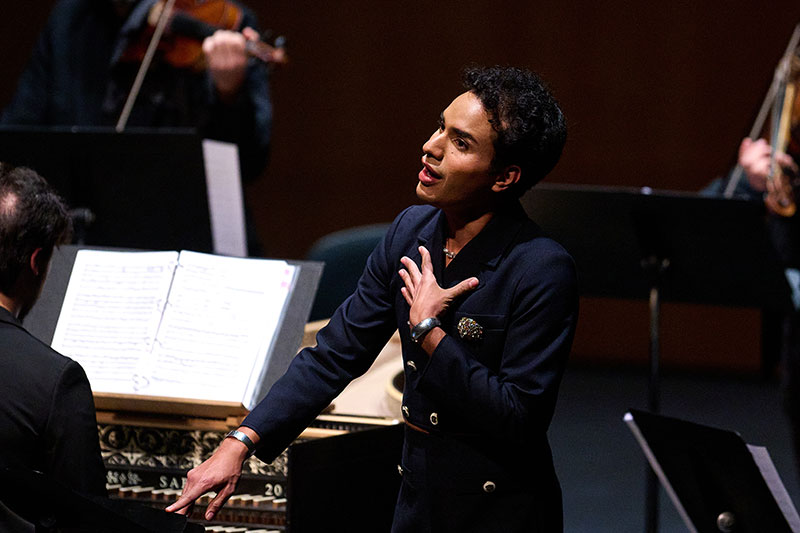

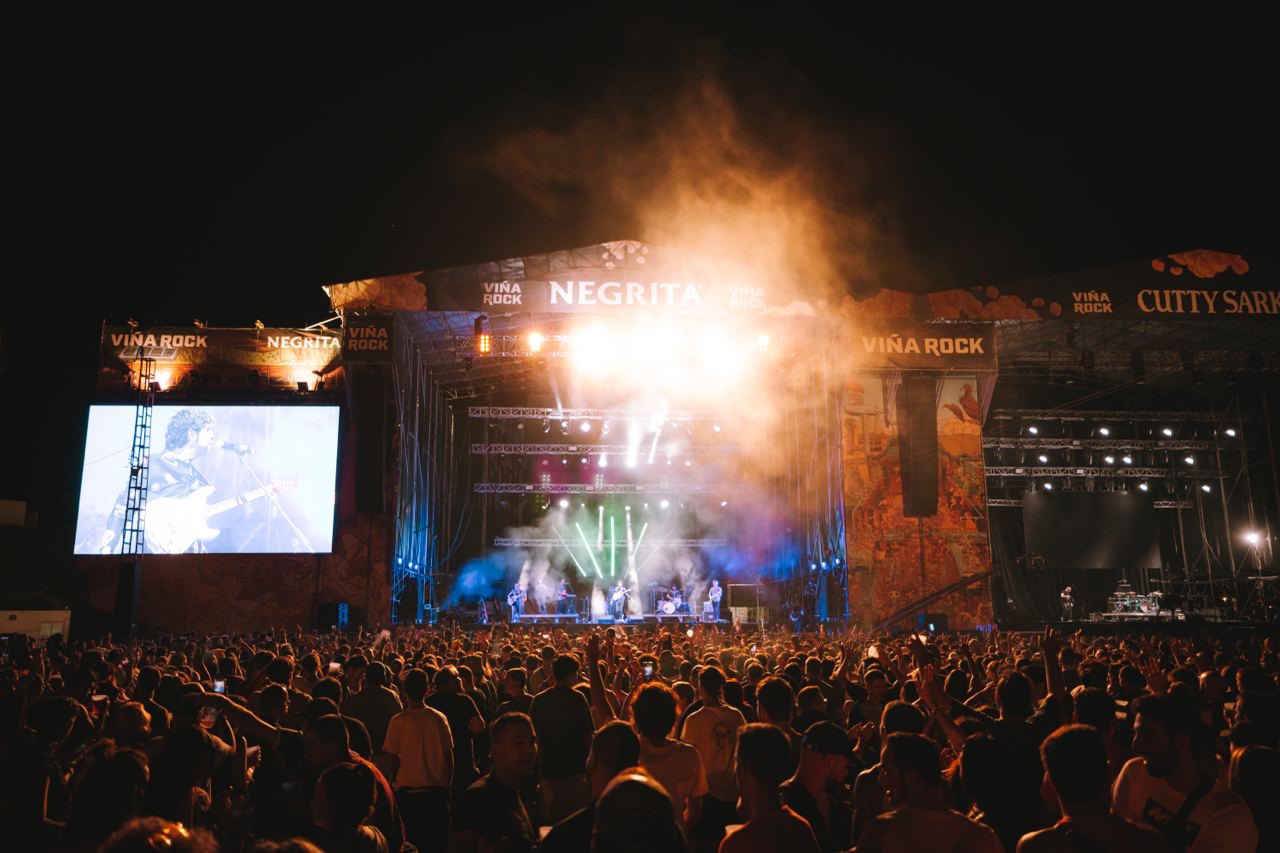
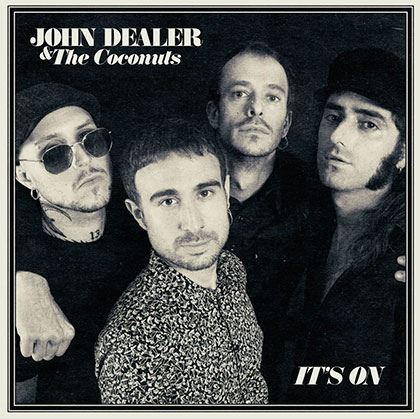

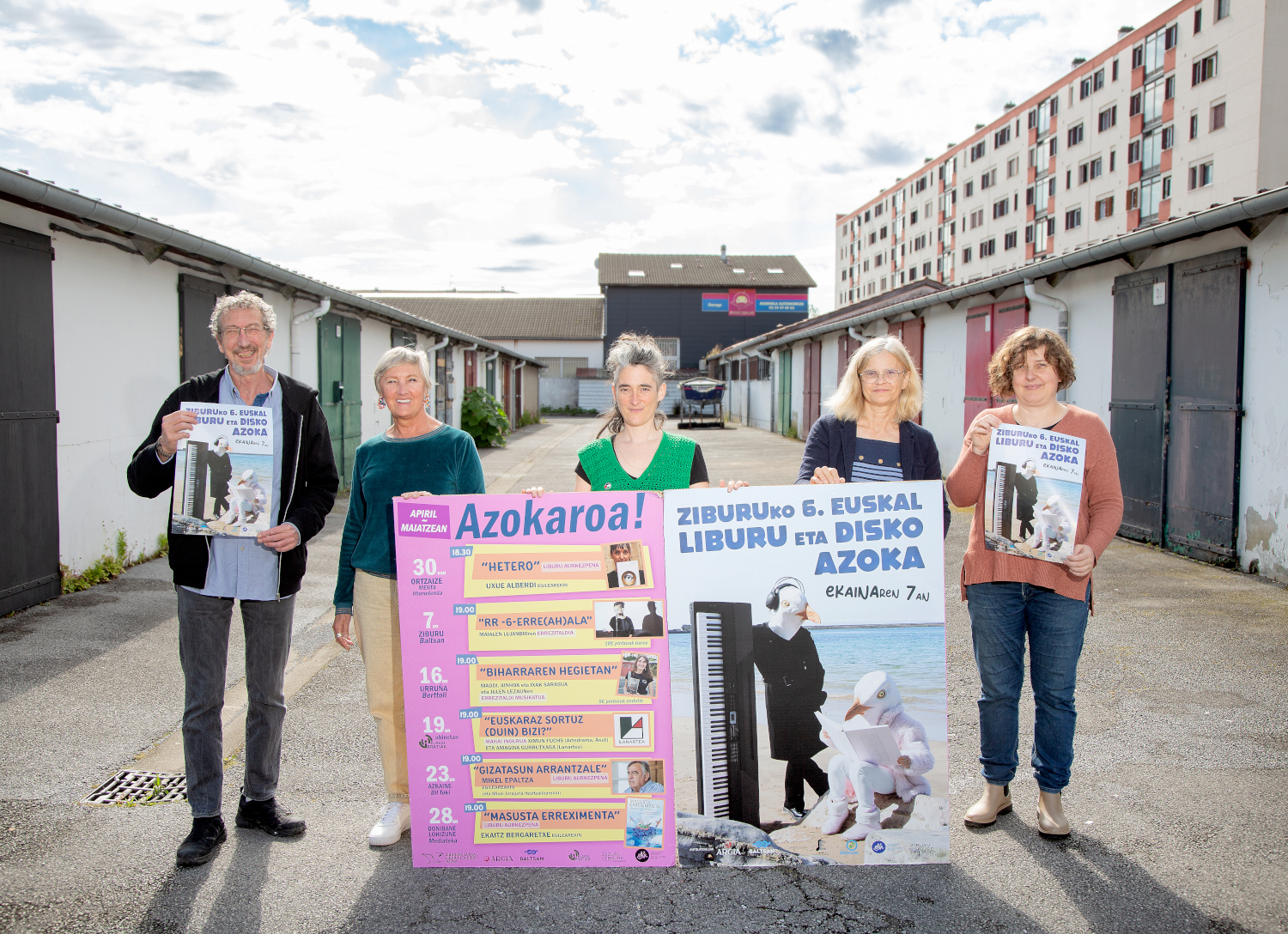

.jpg)

